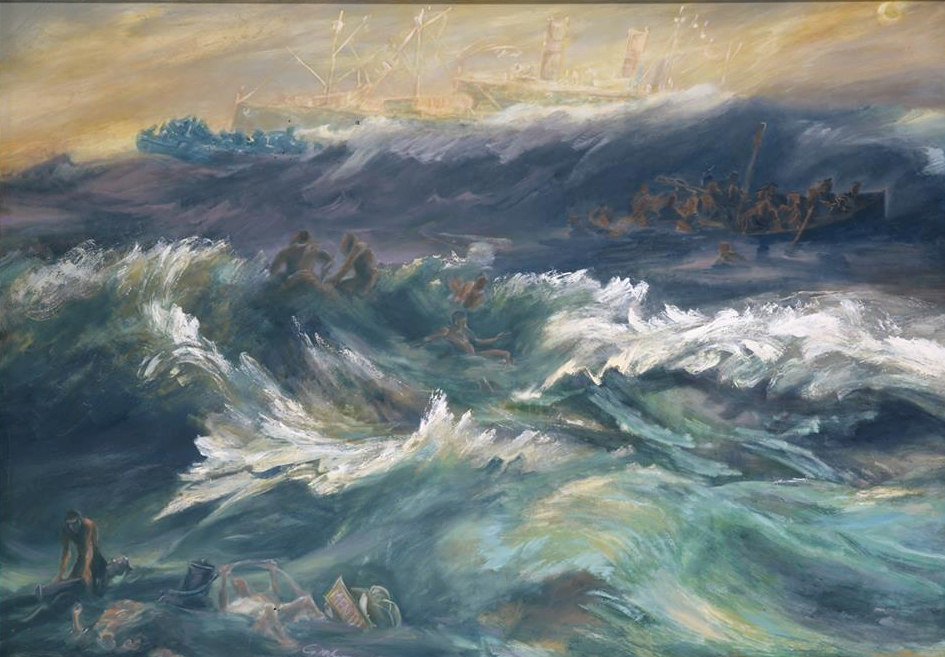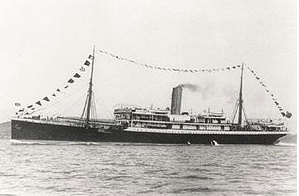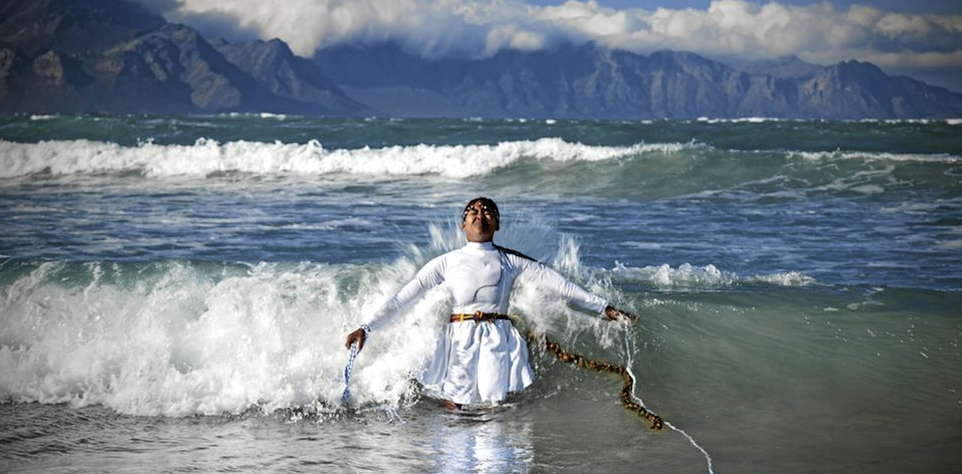
|

|

|
28-30th March 2017
This conference, hosted by the Centre for African Studies at the University of Cape Town, commemorates the sinking of the SS Mendi that occurred during the First World War, on 21 February 1917. It pays tribute to the South African Native Labour Contingent, and the men on the Mendi who died en route to fight for their dignity and human rights through service to the war effort.
The conference seeks to explore the struggle against oppression and dispossession, and particularly against the Natives Land Act of 1913, as a reason why these men left their homes in rural South Africa to contribute to the war effort. It also aims to examine the roles played by black intellectuals such as Samuel Edward Krune Mqhayi, Solomon T. Plaatje, and John Dube in the recruitment of men to the South African Native Labour Contingent, and in dealing with the aftermath of the Mendi tragedy.
Download the Conference Programme
Conference Organisers:
Lungisile Ntsebeza: Centre for African Studies (CAS), University of Cape Town (UCT) – conference/ project director
Lucy Graham: Postdoctoral Research Fellow, University of the Western Cape – conference/ project manager
Nkululeko Mabandla: CAS, UCT – researcher
Paul Weinberg: CAS, UCT – curator
Zuziwe Msomi: CAS, UCT – co-curator
Xolela Mangcu: Sociology, UCT – researcher
Hugh Macmillan: Research Associate, Centre for African Studies, University of Oxford – historical researcher
View the installation performance from the conference:
Delayed Replays (with Sizwesandile Mnisi and Sihle Mnqwazana) is a surrealist installation art piece that draws from my own artistic interest with Namibia. The sand of the Omaheke desert and of Luderitz's ghost towns mirrors the sea in which over 600 Black lives were lost in the sinking of the Mendi. In 1914, ten years after the Nama/Herero genocide in the Omaheke desert, South Africa invaded Luderitz Bay. Luderitz Bay is joined to Shark Island, a Nama/Herero death camp, in which Black people were used for medical experiements that would lay the foundation for Nazi eugenics and social darwinism theories in the West. The white supremacy that came as a result of colonialism was one of the factors that pushed Black soldiers to fight for the colony that had disenfranchised them, with hopes that unity in the war would gain them more rights at home. But the men who were on their way to fight were not even permitted to use firearms. The piece reflects the series of mass killings of Africans for European national gain. The legacy of colonialism repeats itself as a cycle continuously in the modern day. But for how long must history repeat itself?


